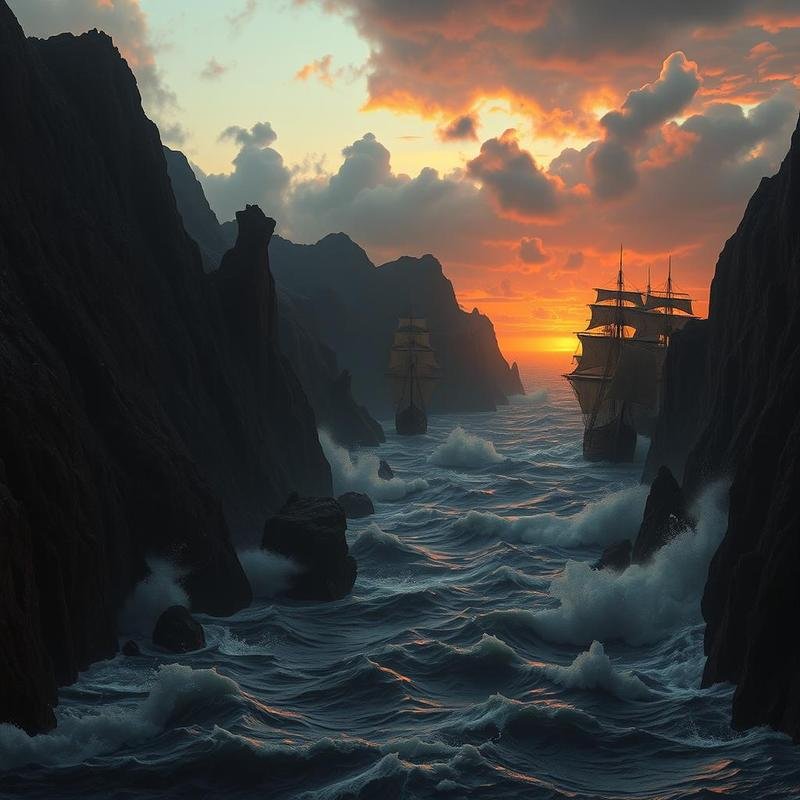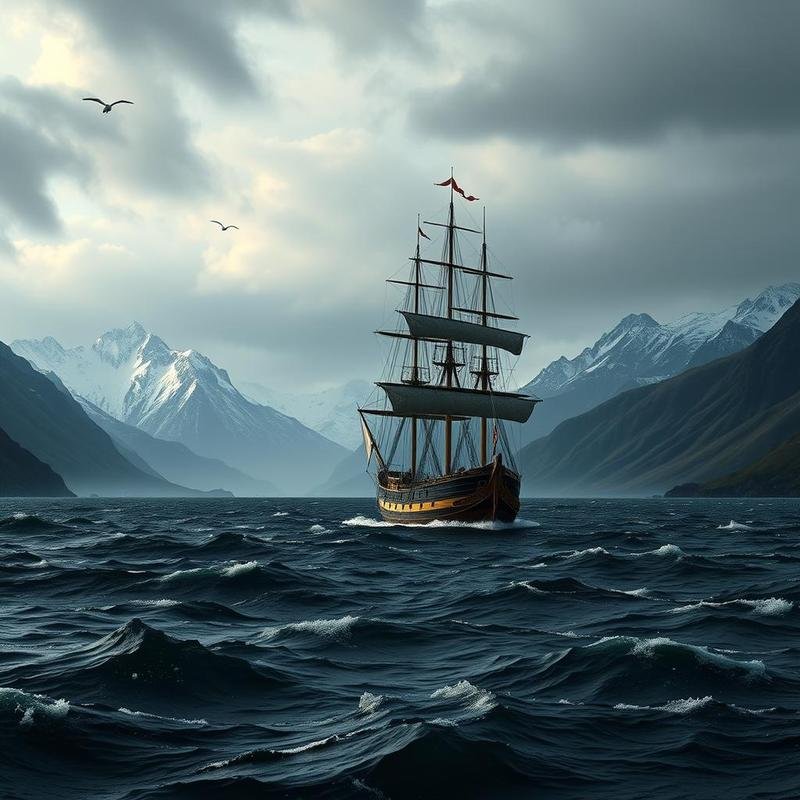Magellan’s Voyage: Unraveling the Secrets of His Circumnavigation 🗺️🧭 #Magellan #Exploration #History

Magellan’s Voyage: First Circumnavigation of Earth
Ferdinand Magellan’s circumnavigation of the globe (1519-1522) stands as a monumental achievement: the first successful sea voyage encircling the Earth.
The Epic Journey
Departing from Seville, Spain, the expedition sought to reach the Spice Islands (Maluku Islands) via a westward route, thereby demonstrating the feasibility of westward navigation to Asia. The voyage was beset by numerous challenges, including severe storms, dwindling provisions, and conflicts with indigenous populations.
Discovery and Loss
The expedition resulted in the discovery of the Strait of Magellan in South America—a crucial waterway connecting the Atlantic and Pacific Oceans—essential to the completion of the circumnavigation. However, the endeavor came at a significant cost; Magellan himself perished in the Philippines during a conflict with local inhabitants. Nevertheless, the voyage continued under Juan Sebastián Elcano, culminating in its completion in 1522 after three years of hardship.
Legacy and Ethical Considerations
Magellan’s circumnavigation provided empirical proof of the Earth’s sphericity and opened new avenues for exploration and maritime trade. However, the achievement also presents a complex legacy. What were the detrimental consequences for the indigenous populations encountered? Was this solely a scientific triumph, or are there significant ethical considerations that demand further scrutiny? We invite you to share your perspectives in the comments section.








